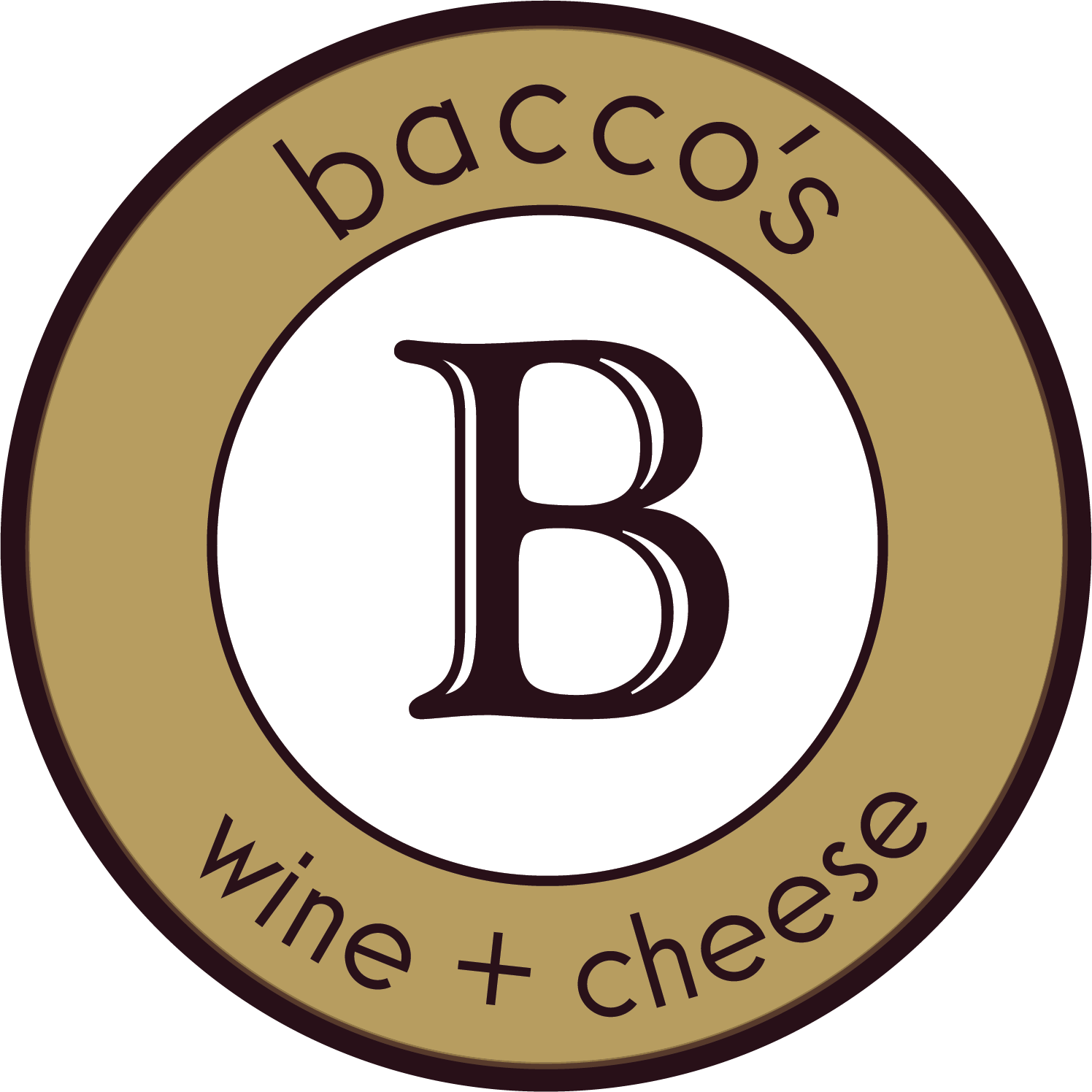Is It Sheepish or Baa-shful? An Ode to Vermont Shepherd


One of the shepherds at Vermont Shepherd tending to his flock at Vermont Shepherd farm in Putney, VT.
Next time you head to Vermont, take Route 2. The scenic winding path northwest of Boston has a Norman Rockwell sort of charm to it, as you drive past towns that seem like perfect time capsules to a bygone era, a nod to New England’s agricultural roots. Just around Bernardston, you’ll take a right and head up 91, skimming the New Hampshire and Vermont border line, turning off just before you get to Vermont’s oldest town, Westminster, and crossing just over into Putney - home to Vermont Shepard.
Vermont Shepherd is one of the oldest operating sheep farms in the United States and the oldest sheep dairy. Their roots go back to the 1960s, when the Major family purchased the farm, and they’ve raised sheep ever since. The operation became a full fledged sheep dairy in 1987. Initially they focused on one cheese that they called Vermont Shepard, inspired by David Major’s time spent learning about cheese-making in the Pyrenees. These mountain style raw sheep’s milk cheeses were all made and aged on their 250 acre farm in small batches, crucial in imparting the flavors and techniques of the age old Basque style.
They changed their name to Vermont Shepherd when they started bringing in cow milk from their neighbor farm at the Putney School in 2010 for their winter-time mixed milk cheese called ‘Invierno’. The original Vermont Shepherd cheese was changed to ‘Verano’, reflecting their tradition of using only summer milk in the making of the cheese.
What makes sheep cheeses like Verano so highly addictive? Well, in part, sheep’s milk cheeses are the richest in milk solids (that’s fat and protein for those of you counting at home, or what we call flavor) and they produce cheeses that have rich and nutty flavors that are apparent after little time aging. They’re also more easily digestible, sharing the A2 protein that makes goats milk more friendly without the acidic tang.
The great flavor comes at a more labor intensive cost - as sheep produce about a half gallon of milk a day. By comparison, cows and goats are capable of producing 6-8 gallons a day. Sheep are also notoriously less friendly than their farmstead dairy counterparts, and thus the incentive for farmers to invest a lot more time and effort into getting a lot less milk is a tough decision for a small dairy to make.
That’s why Vermont Shepherd has always been an exceptional source for us. This family run farm has put their heart and soul into making great cheese


Our favorite Vermont Shepherd cheese, Verano, in all its natural splendor.

